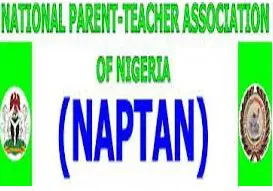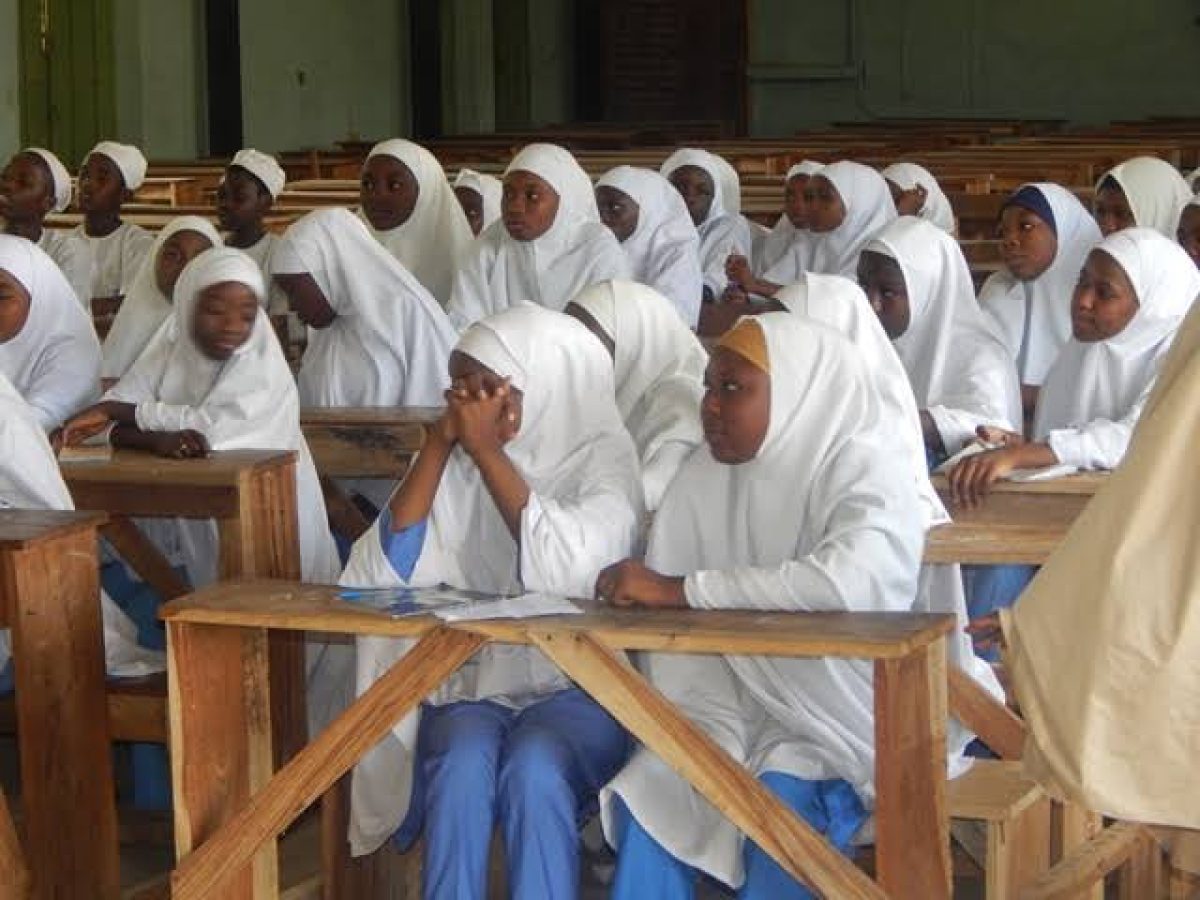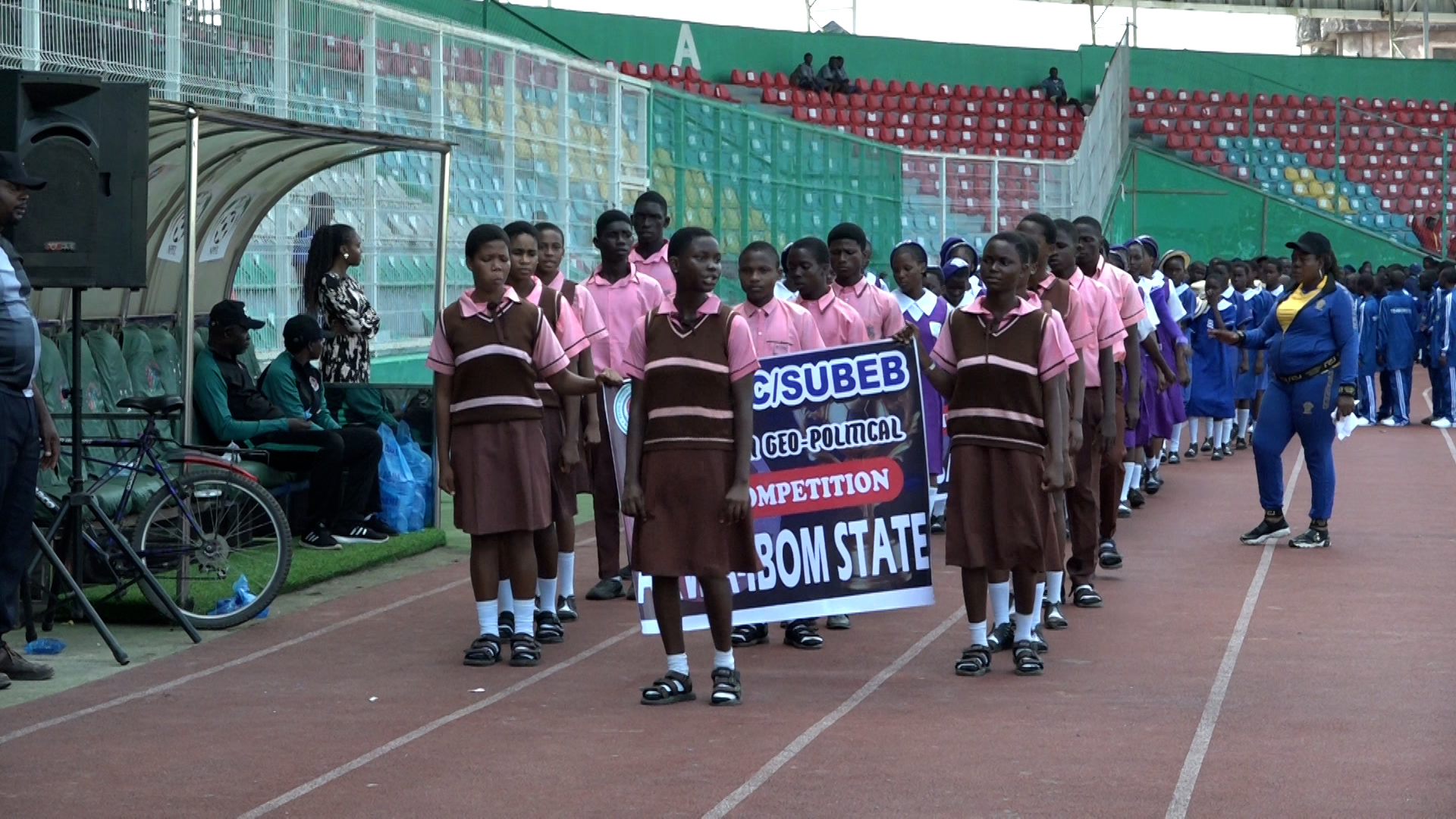Many parents and students have expressed discontent over “exploitative and extraneous demands” by Unity Colleges as conditions for resumption from the summer holiday.
In separate interviews with the News Agency of Nigeria (NAN) in Abuja, they complained that students were being compelled to provide items that have little or no bearing on academics.
According to the parents, the schools issued resumption lists, requiring students to present items such as reams of A4 paper, bottles of marker ink, refillable markers, mops, cleaning agents, and other supplies before being allowed into classrooms.
The items which varied from schools, also included, packets of detergent, bundles of broom, air freshener, bottles of Izal and Dettol, cobweb removers, among others.
They particularly berated the managements of Unity Colleges across the country, for demanding the extraneous items, as government fixed the schools’ resumption for Sept. 21.
The stakeholders contended that such demands are becoming unnecessary financial burden on families already struggling with rising living costs
At the Federal Government Boy’s College (FGBC), Garki, a unity school, students were compelled to provide a ream of A4 paper, one packet of detergent (500g), one Bottle of Hypo/Jik (500ml) , one Bundle of Broom, and one Air Freshener (Swiss Flower Liquid Type) before resuming.
Other items are four bottles of refillable ink, one Bottle of Dettol (250ml), one bottle of Izal, one Cobweb remover, one Mop, and one pack of White Board Marker.
The parents argued that these demands are exploitative, arbitrary, and not officially sanctioned by the Federal Ministry of Education.
Some lamented that, beyond regular school fees and approved PTA levies, such requests placed an unnecessary financial strain on families already grappling with the high cost of living.
A parent at the FGBC, Garki, who preferred anonymity for possible son’s victimisation, explained that the burden on parents was unbearable.
According to the parent, the financial burdens imposed on them annually are “unacceptable, exploitative and fraudulent”.
“I just keep wondering when it has become the duty of parents to buy markers, reams of paper, etc. God is watching them,” the parent said.
Another FGBC parent, who preferred to be called Mercy, called on the Minister of Education to scrutinise the activities of Unity Colleges, especially before the new academic calendar, to ascertain and correct the rot in the system.
“We are being forced to contribute teaching and cleaning materials that should ordinarily be the responsibility of government.
“How do you justify asking every child to bring a ream of paper and markers when the school already collected administrative charges?, she asked.
Also, Mr Victor Istifanus, a parent and a civil servant, appealed for urgent intervention to stop what he described as “a creeping commercialisation” of unity colleges.
Istifanus insisted that government should adequately fund teaching and learning resources rather than shifting the burden to families.
He warned that such practices do not only erode public trust in government-owned colleges, but also defeat the purpose for which unity schools were established.
He also called on the federal government to institute school’s monitoring mechanisms to ascertain the level of corruption on account of these excessive demands from parents.
This monitoring mechanism, he said, would put school administrators on track.
The National Parent-Teacher Association of Nigeria (NAPTAN) also decried the “exploitative and corrupt practices” by some administrators of unity colleges across the country.
The National President of NAPTAN, Prof. Boniface Odeh, while reacting to the resumption demands from parents, warned that such actions threaten the accessibility and integrity of Nigeria’s educational system.
“These demands place an undue burden on parents and undermine the very principles of accessible education for which the Unity Colleges were established.
“Unity Colleges, established to provide affordable education, have been plagued by allegations of corruption, mismanagement, and extortion.
“Parents have reported paying exorbitant sums, up to N600,000, to secure admission for their children, despite meeting merit-based requirements,” he alleged..
He highlighted the far-reaching consequences of these practices, which include: financial strain, especially on parents with low-income, inequitable access to education.
Odeh said the practice also erodes inclusivity and undermines the Unity Colleges’ mission of promoting national integration.
According to him, the imposition of unapproved levies and the opaque management of PTA funds had continued to fuel mistrust between parents and school administrators.
The NAPTAN president therefore called on the federal government to urgently intervene by enforcing strict adherence to fee and levy guidelines.
He urged the government to also ensure transparency in the management of PTA funds and safeguard students from victimisation when their parents raise concerns about mismanagement.
“The original mission of Unity Colleges to provide accessible and quality education must be restored.
“As NAPTAN, we will continue to advocate for parents’ rights and push for reforms that strengthen transparency, accountability, and equity in our educational institutions,” he said.
He emphasised that only through collective effort and firm government oversight can Nigeria build a fair and inclusive education system for all children.
Some other parents who spoke to NAN said the aberration is not limited to unity schools, as other government and private schools engaged in the extraneous demands.
A parent, whose child attends Rhoda Academy, Kamazou GRA, Kaduna, said the JSS one students were asked to submit a ream of A4 papper, hoe, and tissue papers before they could be admitted.
Mrs Patience Dairu, another parent of a primary two pupil at St. Andrews Nursery and Primary School, Kubwa, a mission school, said the financial burden on parents had become unbearable.
Dairu disclosed that despite the school’s huge fees of ₦133,000 for only the first term in the new session, with tuition pegged at ₦66,000 and books at ₦57,000, parents were still forced to come with household supplies.
She further criticised the compulsory demand for payment of non-academic activities, including N15,000 for Christmas party.
According to her, the school also demanded household supplies, including two bars of soap and two rolls of tissue paper per child.
Dairu appealed to the federal and state governments to intervene and regulate, public and private schools, stressing that times are hard for many families.
Some students also expressed their frustration, noting that the demands placed them under unnecessary pressure.
“Some of us have been told we won’t be allowed to resume unless we bring these items.
“It makes us feel like we are being punished for things that don’t even concern us,” a Junior Secondary School (JSS2) student who preferred to remain anonymous, said.
Education stakeholders who spoke with NAN cautioned that such practices could discourage learning and deepen inequality, especially among children from less privileged backgrounds.
They urged school proprietors to review their policies and called on regulatory authorities to step up monitoring to ensure that resumption demands remain strictly academic in nature. (NAN)




